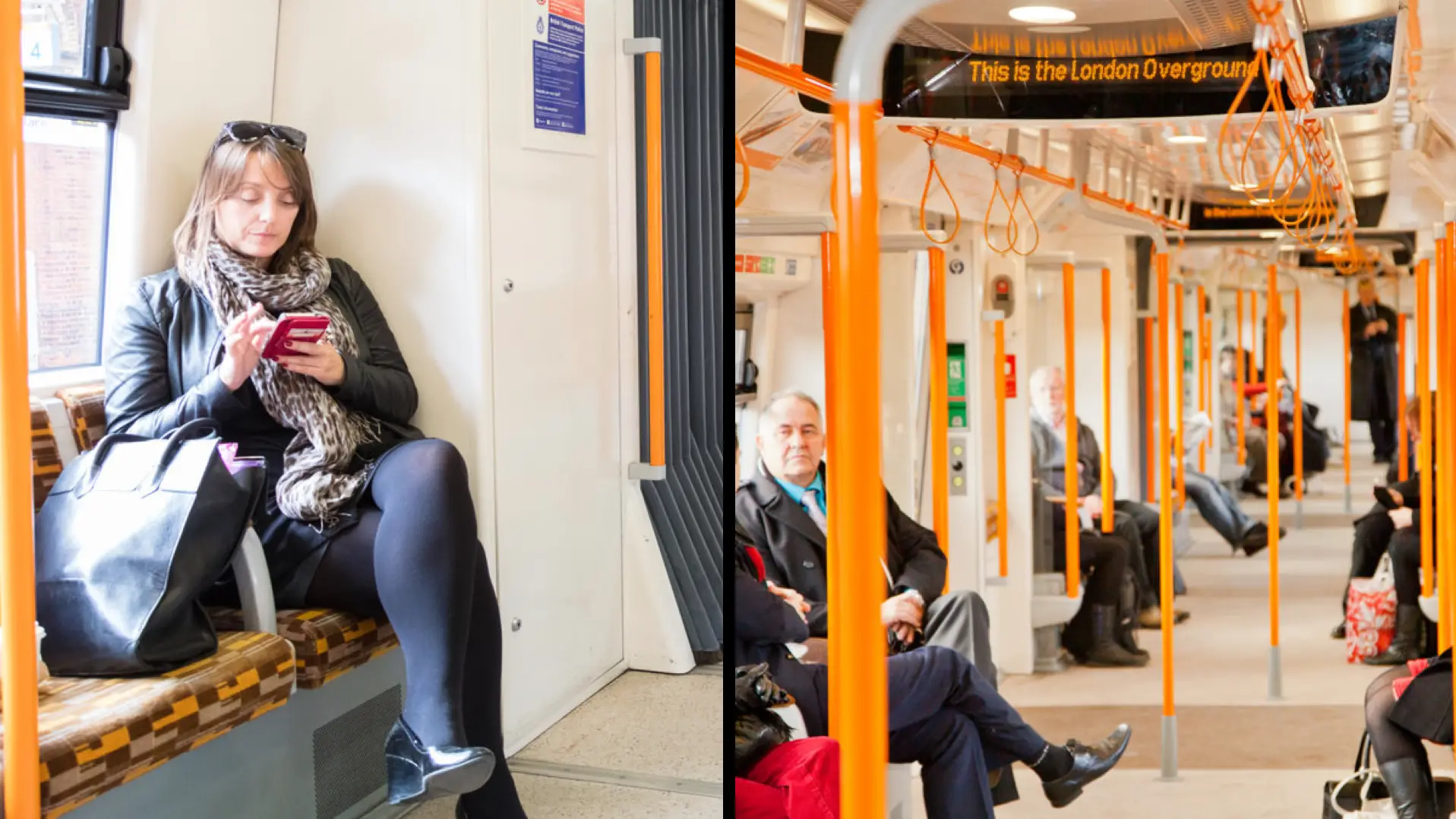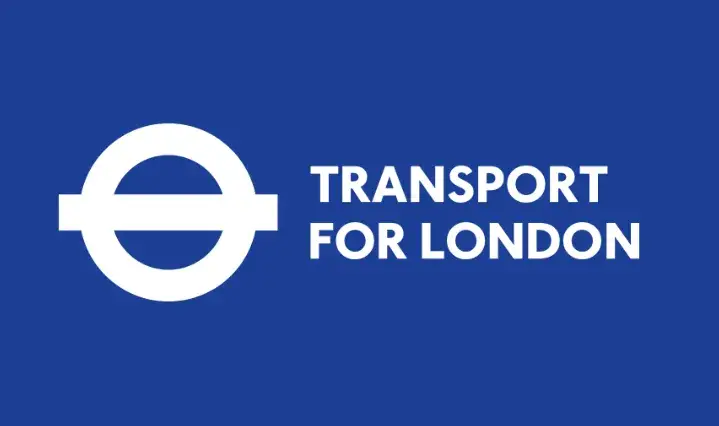
A rail worker who experienced abuse on the London Overground tells his story
Everyone should be able to go about their day without fear of abuse. It should go without saying, right? But the sad fact is that some people have experienced hate, hostility, and even violence, while travelling and working on public transport.
One of these people is David, a revenue protection officer, who was a victim of hate crime while he was at work. He was verbally and physically attacked at a station when he tried to prevent two abusive passengers from travelling on an Overground service.
When David arrived at the station that day, the two women in question had already assaulted his colleague by pushing him to the floor to try to board the service without a ticket. When David stopped the train, he calmly asked them to buy a ticket and apologise to his colleague, before continuing on their journey.
The women then began to verbally attack David, shouting racial slurs and foul language. When they were asked to leave the station, the women turned around and spat in David’s face.
At the time of David's assault, the UK was just coming out of Covid restrictions. So, following the incident, David lived in his shed for 10 days to make sure he didn’t pass anything on to his wife and kids. Even once he came back into the house, David was unable to return to work for months. He struggled to sleep, waking up in the middle of the night in a pool of sweat. He even found it difficult just to go outside and interact with people.
“When it happens to you, it strips you of your dignity, it really does,” says David. “You’re having all kinds of thoughts. It’s a nightmare really. There was a voice saying to me: ‘Look at you, you’re worthless. Someone has spat on you because that’s what you are, worthless.’”
David even tried to hide the fact that he was struggling from his partner. He said: “I was brought up in the generation where ‘men don't cry’. You just get on with it. I didn't want her to see me struggling because I felt that she would see me as unreliable. But obviously that was foolish because she looked right through me. She said: ‘Something's going on. You're not right. There’s something you're not telling me.’”
His wife encouraged David to get some professional help, seeing a counsellor through his GP. Throughout this time, he was also given further support from his work, with extra sessions provided through TfL's employee assistance programme, alongside regular welfare calls and visits with his line manager.
During the counselling sessions, David was told that he was struggling with post traumatic stress disorder (PTSD). He was shocked: “I was like, PTSD? Really? That’s what soldiers get because they see serious combat and some horrible, horrific things. Yet here’s me working on the railways, I couldn’t believe it was PTSD.”
David has now returned to work and has changed roles to be a Station Assistant, a job which he loves.
He says: “I love what I do. I love helping people. When you've got grandmas with their shopping and you help them with the trolley down the stairs and they give you that, a bit like the Queen used to, you know that wonderful charming smile. Then they’ll reach into their trolley and give you a donut or something like that (laughs). This job, it’s not about the money. I’m having an impact on people’s lives.
“Then we have our wonderful colleagues as well. We laugh a lot. We talk about all sorts of things and I’m not going to be pushed away from that.”
‘Hate crime’ is a criminal offence that is motivated by hate and hostility towards a person because of their disability, gender identity, race, sexual orientation or religion. It can include physical violence, verbal abuse and criminal damage for example. Similarly abuse of TfL staff takes many forms including physical assault, spitting, verbal abuse and threatening behaviour. Violence and aggression, of any kind, towards staff on the transport network will not be tolerated and could result in a criminal record.
Not all incidents will amount to criminal offences, but it is important that these are reported and recorded by the police to help build a picture and to inform how policing is managed going forward.
Siwan Hayward, Director of Security Policing Enforcement said “TfL staff have the right to work without fear of being assaulted, abused or threatened. Violence and aggression towards our staff take its toll on them, affecting their work and personal lives. We, with our transport policing partners, take this issue very seriously, working to prevent it and pushing for the strongest penalties against those who harm our frontline colleagues.
Elizabeth Umoke Head of Revenue Protection and Security on TfL’s London Overground network said “Everyone has a right to feel safe in the workplace. We do not tolerate violence against our colleagues or our customers and work closely with the BTP and other parties to protect them. We will not hesitate to push for prosecution against anyone being abusive to our people or the travelling public.”
It’s not just TfL staff who are impacted by violence and aggression. If any of us find ourselves as bystanders to hate crime against anyone on the network, then there are certain intervention techniques to help support the victim:
- Distract with a question
- If you feel safe to do so, ask the victim a question to diffuse the situation, such as ‘do you have the time?’ or ‘what’s the next station?’
- Make a note of what’s happening and report it
- Note down what’s happening, what time it is, where you are on the network, what the person looks like and any other important details about the incident so you can report it to the British Transport Police. All reports will be taken seriously and investigated, and can inform how the area is policed in future.
- Make sure they’re okay
- After the incident, check in with the victim and make sure they’re okay. Reassure them that what happened isn’t right.
If you witness or experience an incident of hate crime or abusive behaviour, always report it to the British Transport Police on 6-101-6 or by using the Railway Guardian App on all TfL services.
On a bus? Call the Met police on 101 or by going online at met.police.uk. In an emergency, always dial 999. Let's stand together against hate.
Featured Image Credit: Getty ImagesTopics: London
